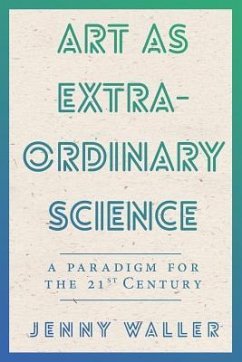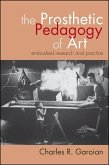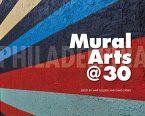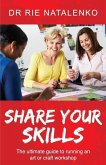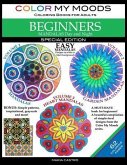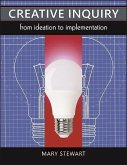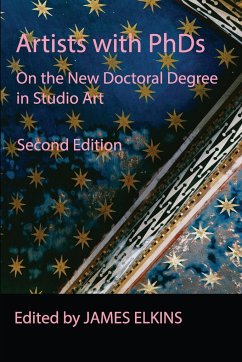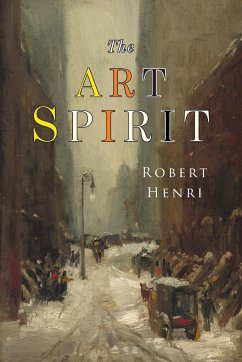Art education has gone through a number of paradigms since its origins in the medieval guilds. Yet ever since joining the university system in the 1970s, art departments have struggled to articulate a contemporary paradigm which accurately reflects what they do, to the extent that it often seems more realistic to say that art can't be taught at all. At the same time, science departments have struggled with the problem first noted by science historian Thomas Kuhn in 1962 - that the history of science depends on the creative brilliance of 'extraordinary scientists' who yet have no place within the confines of traditional university teaching. In this book, Jenny Waller argues that both these problems result from our assumptions about what counts as education. Taking the axes of Articulation and Acceptance by the university disciplines, she creates a grid-matrix of educational assumptions resulting in the quadrants Professional Practice, Normal Science, Extraordinary science and Voodoo. Then using the findings from a year-long ethnographic study of Fine Art studio teaching in a university department, she shows how contemporary art teaching fits into the quadrant of extraordinary science, providing a powerful contemporary paradigm for what art educators do. At the same time, her analysis of how art is taught provides science teachers with a blueprint for developing the potential of their students to be truly extraordinary. "This articulation...makes an original and significant contribution to the current literature on teaching and learning practices in the creative arts." Professor Bruce Brown Pro-Vice-Chancellor for research, University of Brighton
Hinweis: Dieser Artikel kann nur an eine deutsche Lieferadresse ausgeliefert werden.
Hinweis: Dieser Artikel kann nur an eine deutsche Lieferadresse ausgeliefert werden.

